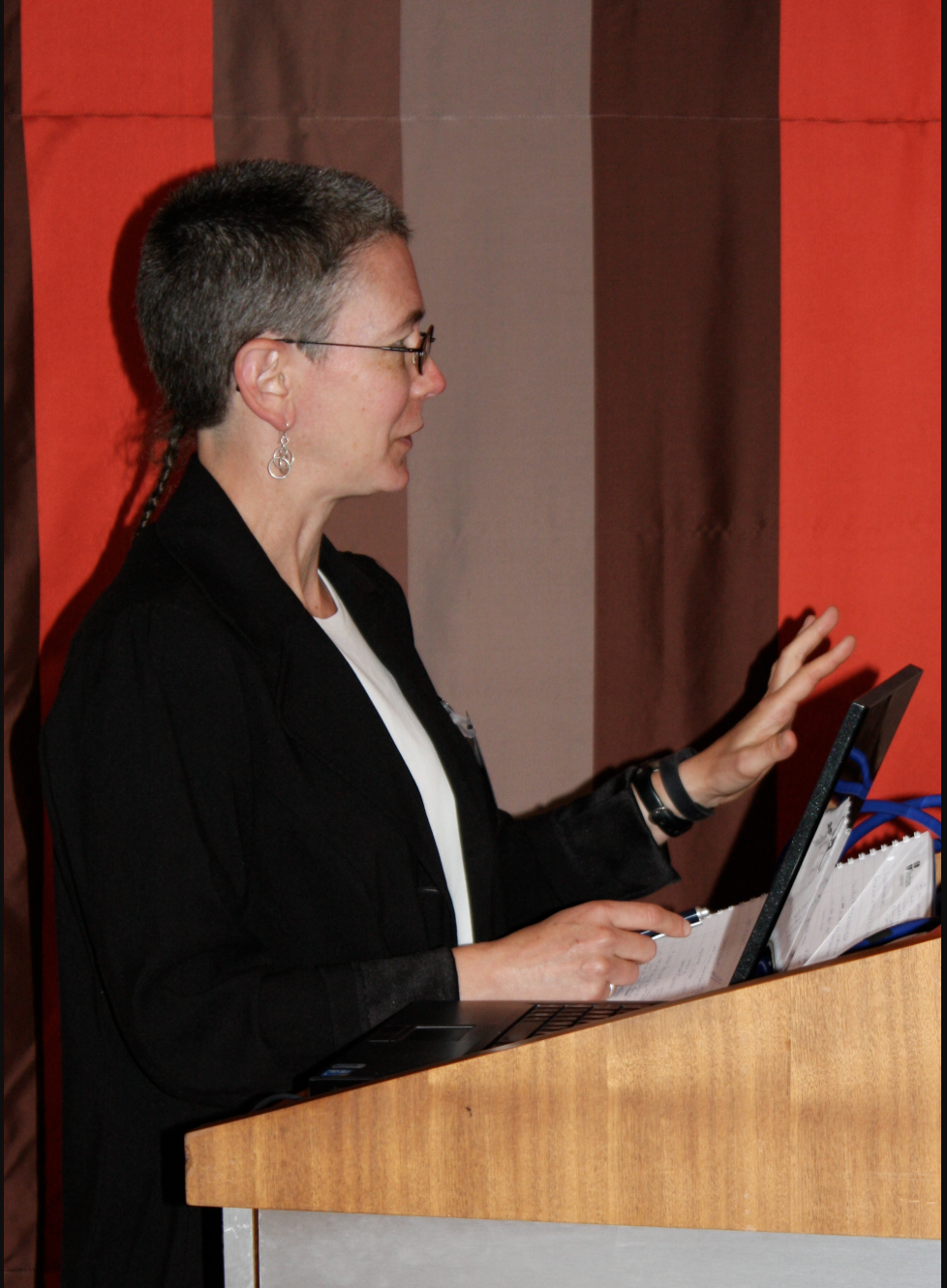Creating a New Regulatory Process
It’s clear that the idealized, stable, binary distinction between water and land is untenable and unrealistic; it’s also the case that because of changes in sea (and land) ice due to climate change the existing relationship between these categories is changing. These changes create a good opportunity to address the underlying disconnect and provide a more useful way forward. In other words, I think the mismatch is a constant that has not thus far provided major opportunities for addressing conceptual or legal frameworks (which is not to say that we couldn’t decide to force the issue, regardless, if we so chose). The changes in ice in the present and the anticipated future, however, do create an opportunity for developing legal and/or regulatory mechanisms for addressing the role of ice more generally.
Perhaps because of my academic background, my focus is on the opportunities for developing the legal or regulatory mechanisms going forward. To do that well, an understanding of the actual historic relationships between perceived physicality of the earth and concepts or practices of territory might be useful. In other words, my focus is on a) as a tool for getting to b), although it is also likely the case that regulatory mechanisms can affect those concepts and practices over time.
Thinking about the approach to creating this new regulatory process suggests two questions. The first is whether it would be better done within an existing legal framework (such as UNCLOS, the Antarctic Treaty, or whatever climate change process is happening going forward) or created anew. The second is whether it would be better approached as a formal (intergovernmental) negotiation process or something less formal or less intergovernmental. On the first questions I’m agnostic; for instance, I see climate change as the likely most relevant of existing frameworks but am pessimistic on where legal mechanisms on that issue are currently going. On the second question I confess to an intergovernmental bias. Although I know it is currently trendy to celebrate new forms of distributed action in facing global environmental crises and such, I see them as being primarily stop-gap measures to counter the fact that intergovernmental processes are failing, and I haven’t seen a lot of evidence that they’ve produced meaningful outcomes that wouldn’t have happened otherwise. Or, rather, I see these approaches as a second best, slower, process for changing global approaches to resources. I think that the kind of dramatic change in the political recognition of the role of ice that is required does not have the luxury of a gradual piecemeal effort that eventually aggregates into sufficient changes in behaviour to make a difference.
Perhaps because of my academic background, my focus is on the opportunities for developing the legal or regulatory mechanisms going forward. To do that well, an understanding of the actual historic relationships between perceived physicality of the earth and concepts or practices of territory might be useful. In other words, my focus is on a) as a tool for getting to b), although it is also likely the case that regulatory mechanisms can affect those concepts and practices over time.
Thinking about the approach to creating this new regulatory process suggests two questions. The first is whether it would be better done within an existing legal framework (such as UNCLOS, the Antarctic Treaty, or whatever climate change process is happening going forward) or created anew. The second is whether it would be better approached as a formal (intergovernmental) negotiation process or something less formal or less intergovernmental. On the first questions I’m agnostic; for instance, I see climate change as the likely most relevant of existing frameworks but am pessimistic on where legal mechanisms on that issue are currently going. On the second question I confess to an intergovernmental bias. Although I know it is currently trendy to celebrate new forms of distributed action in facing global environmental crises and such, I see them as being primarily stop-gap measures to counter the fact that intergovernmental processes are failing, and I haven’t seen a lot of evidence that they’ve produced meaningful outcomes that wouldn’t have happened otherwise. Or, rather, I see these approaches as a second best, slower, process for changing global approaches to resources. I think that the kind of dramatic change in the political recognition of the role of ice that is required does not have the luxury of a gradual piecemeal effort that eventually aggregates into sufficient changes in behaviour to make a difference.
|
Indeterminate and Changing Environments: Law, the Anthropocene, and the World
|

